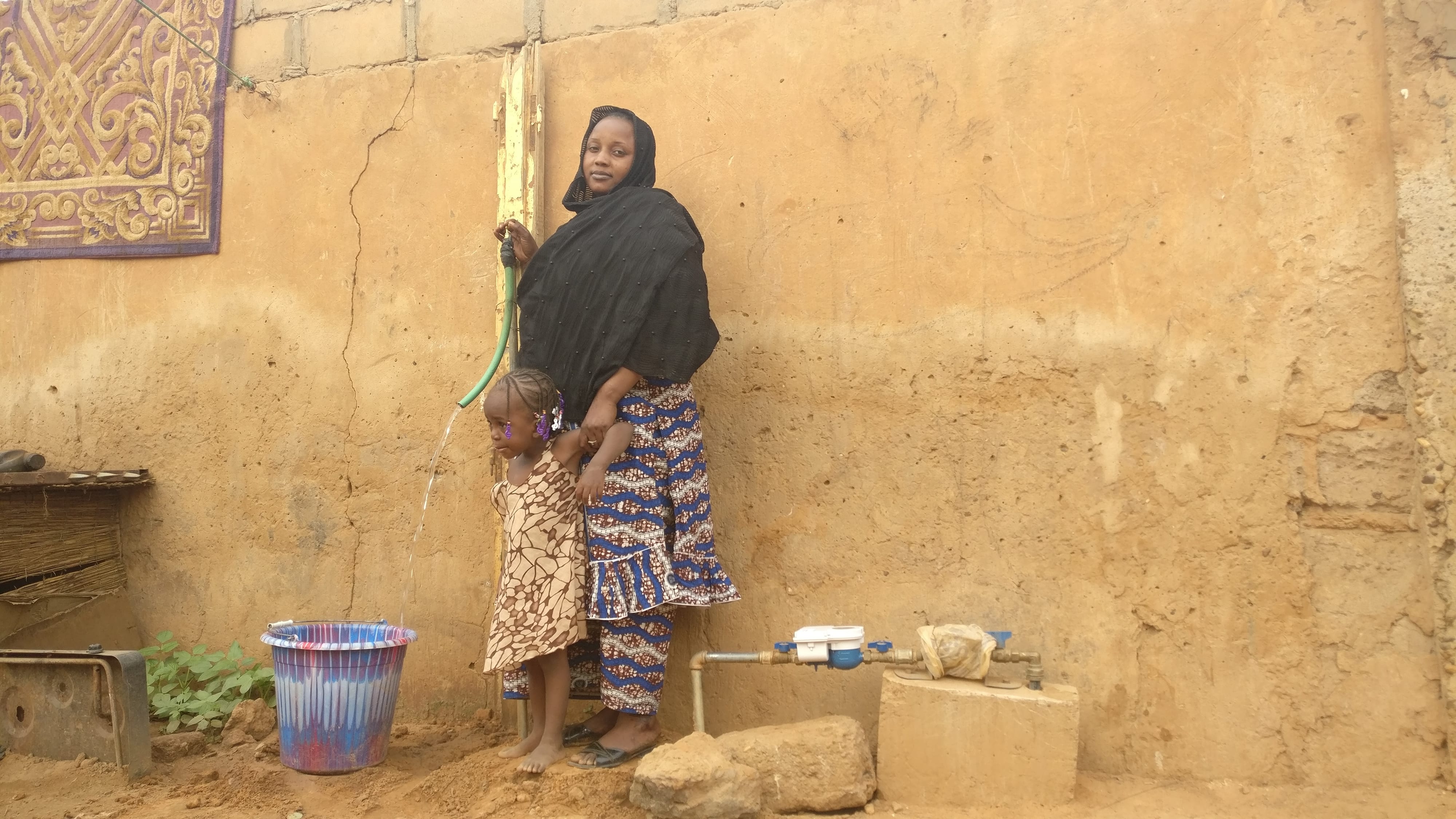The Ripple Effect: When investing in innovation is a catalyst for peace.
Mar 22, 2024
Today marks United Nations World Water Day, which this year has the theme, ‘Water for Peace’. Access to safe water is not only a basic human right, intrinsic to every aspect of life, but also a crucial enabler of sustainable and peaceful development. Public health and prosperity, food and energy systems, economic productivity and environmental integrity across the developing world all rely on access to water. Despite this, as of 2022, 2.2 billion people across the world remain without access to safely managed drinking water, and 3.5 billion are without access to safely managed sanitation. Progress towards SDG 6, which targets the availability of clean water for all, continues to be slow.
GIF invests in social innovations that will have a measurable impact on people in the developing world living on less than $5 per day. Over the years, we have backed multiple development interventions that represent innovative approaches towards SDG 6. These innovations also align with GIF’s goal of investing in innovations for climate resilience, since resilient water systems are crucial for protecting vulnerable communities against climate shocks. Water security also fosters female agency, a goal that we target through our innovating for gender equality fund, since women and girls are often disproportionately burdened with the task of collecting clean water when it is not readily available. Today, we’d like to celebrate those GIF investees working towards providing safe water, and therefore secure futures, for all.
GIF recently invested in the developers of the Venturi, a novel, passive chlorination device which automatically adds chlorine to water at the point of collection, improving water quality by eradicating harmful microorganisms. The device operates without moving parts or electricity, removing the burden of consistent application and correct dosing from users. Through our funding, we are supporting the team from UCB to generate learning on how the Venturi performs in the field, as well as enabling assessment of its impact when used in healthcare settings. A recent systematic review has already found that chlorination can reduce the odds of all-cause child mortality by circa 30%.
Professor Amy Pickering is testing the residue of chlorine added to the water filtration device created by her and her team in a hospital in Busia, Kenya (Photo Credit: Katya Cherukumilli for Nature)
In 2018, we invested in CityTaps to support their work in bridging the gap between water utilities and the urban poor in Niger, Kenya and Ecuador. Their innovative solution is a pre-payment service that comprises the world’s only smart and prepaid water metre and billing software, enabling customers to use their mobiles to prepay for running water at any time and for any amount. This improves households’ budget and wellbeing, since running water in the home is substantially cheaper, more convenient, and healthier than any alternative. With the help of our investment, CityTaps is working to expand its operations and to improve the quality of its services to beneficiaries. Our investment also funded the roll-out of 10,000 water metres as part of a pilot in Niger, which allowed for the collection of crucial evidence of impact.
In 2019, we invested in Drinkwell to support them in their mission of providing affordable access to clean water for millions of underserved urban customers, many of whom had never had safe access to clean water, across India and Bangladesh. Its unique ATM-style systems combine patented purification technology, filtration, and pay-as-you-go cards, and serve between 200 and 2,400 households. Our investment has supported Drinkwell in demonstrating lasting impact on target beneficiaries through improvements to quality of life by installing and maintaining 550 water kiosks across India and Bangladesh, measurably improving the lives of 1.8 million people.
Inside a Drinkwell water system
We are proud to be supporting the providers of these innovations, who are not only helping those in need to access clean water, but are also generating valuable learning about novel approaches to achieving water security, as well as helping to realise a crucial element of climate resilience and a key enabler of increased female agency. If we are to realise SDG 6, as well as these related goals, it is crucial that we continue to seek out and support innovative solutions to the challenge of water insecurity.
